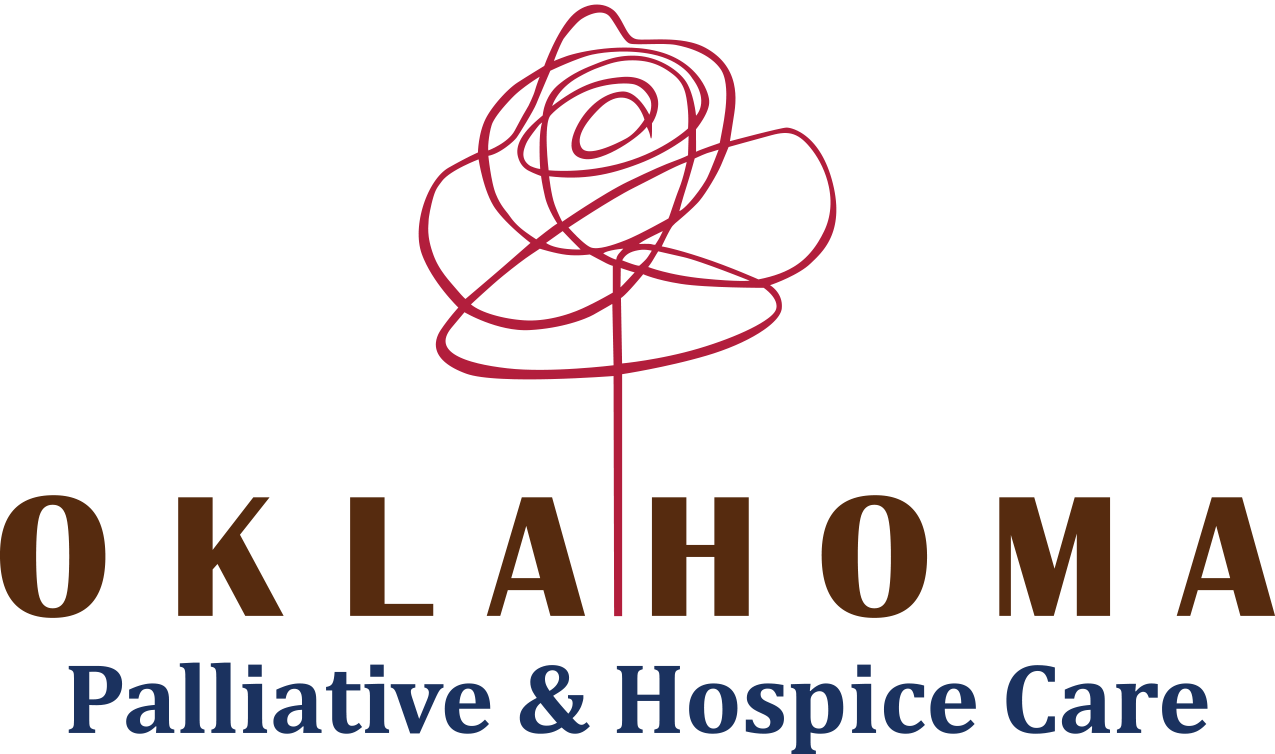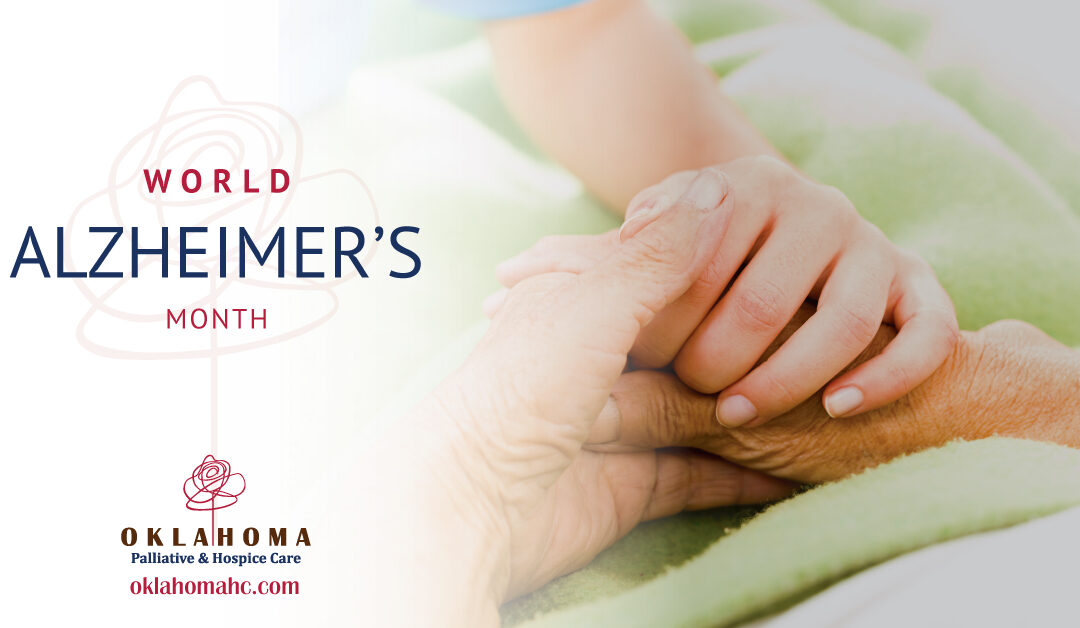September is World Alzheimer’s Month. The international campaign is intended to raise awareness and money as well as challenge the stigma around Alzheimer’s.
World Alzheimer’s Month is a good time for a refresher on what Alzheimer’s is and its symptoms, tips for healthy aging, as well as how hospice and palliative care can help with healthy aging.
What is Alzheimer’s Disease?
Alzheimer’s, the most common cause of dementia, is a general term for the loss of memory and other cognitive abilities that is severe enough to interfere with daily life, duties, and responsibilities. According to the Alzheimer’s Association, Alzheimer’s accounts for 60-80% of all dementia cases.
Symptoms of Alzheimer’s
The most common symptoms of Alzheimer’s include:
- Memory loss
- Poor judgment that leads to bad decisions
- Less energy and motivation to do things
- Less interest in work and social life and more interest in watching TV, sitting, or sleeping
- Loss of recent memories, including events and conversations that just took place
- Difficulty putting thoughts into words or understanding others
- Mild coordination problems
- Difficulty with everyday tasks and responsibilities
- Rambling speech
- Wondering
- Trouble sleeping
When Alzheimer’s is severe, the symptoms are more intense, including:
- Major confusion
- Unable to express themselves
- Problems swallowing and keeping control of their bladder and bowels
- Seizures
- Skin infections
- Extreme mood swings
- Hallucinating
- Unable to move easily on their own
Staving Off Alzheimer’s
The good news is that there are some things you can do to stave off Alzheimer’s, including:
- Getting regular exercise.
- Getting enough sleep — research shows consistent good sleep is linked to avoiding the buildup of a protein that’s associated with the development of Alzheimer’s.
- Eat a healthy diet — Studies show that diets that are high in saturated and trans fats can increase the risk of Alzheimer’s, where diets high in fruits and vegetables and legumes have been shown to decrease the risk.
- Keep your mind active, engaged, and challenged by reading, writing, and doing puzzles and mind games.
How Hospice and Palliative Care Can Help
Hospice and palliative care providers with expertise in dementia and Alzheimer’s help families understand what to expect in the final stages of Alzheimer’s’. Hospice and palliative care can also help ensure that Alzheimer’s patients live out their final days as comfortably and peacefully as possible — while surrounded by their loved ones.

